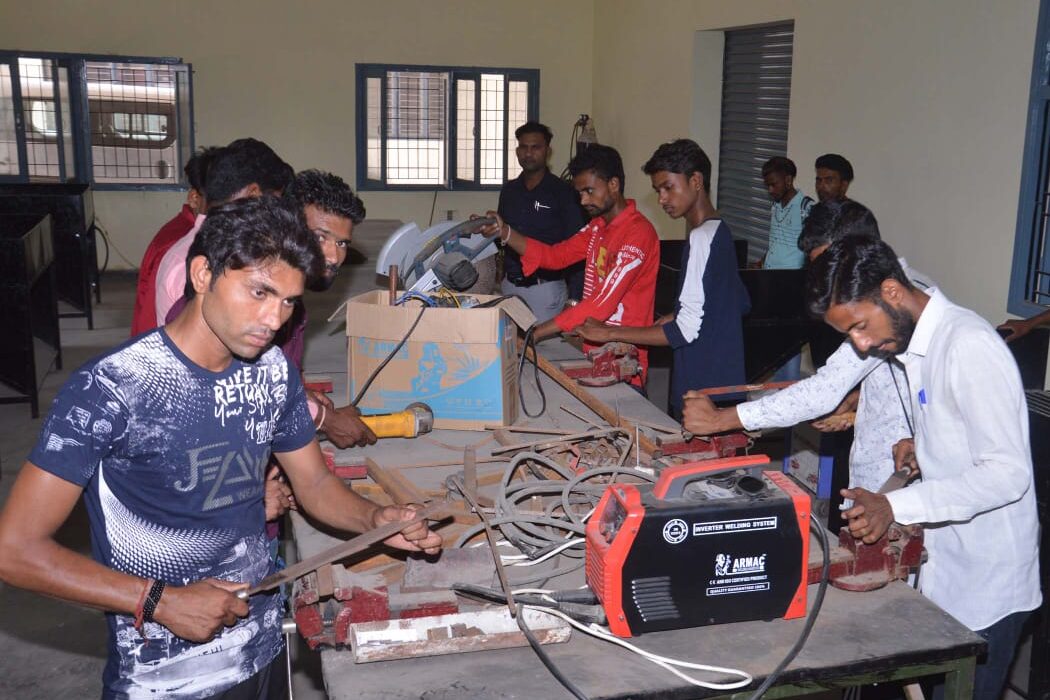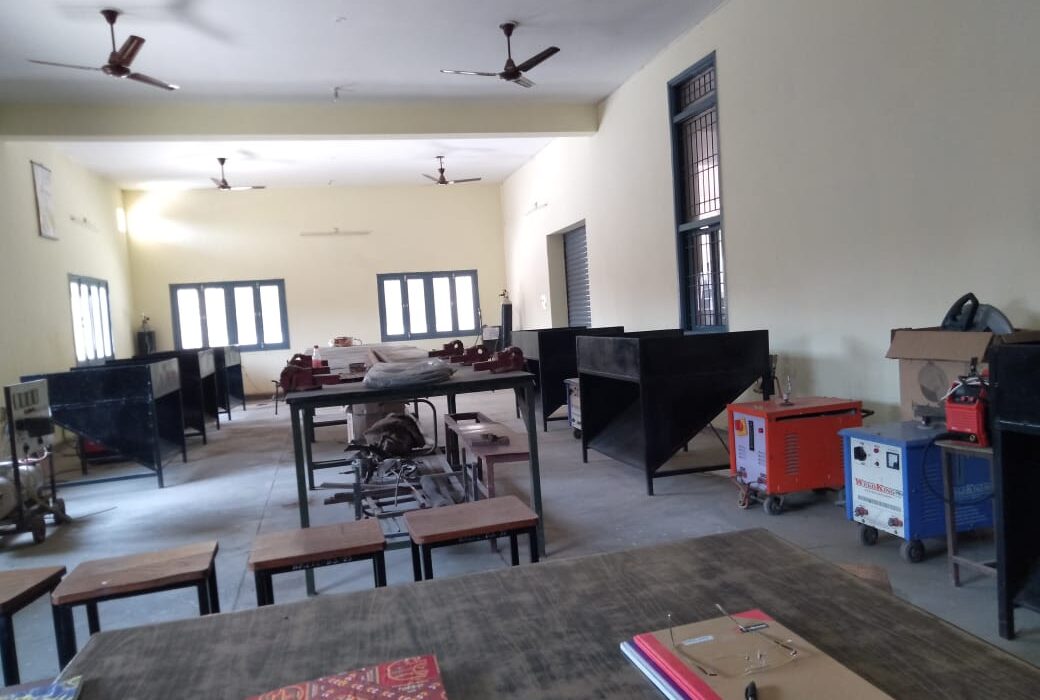It is about Strong bonding, strong future
Welder Trade


The welder trade is a crucial and in-demand vocational field that plays a significant role in various industries, including construction, manufacturing, automotive, aerospace, shipbuilding, and more. Welders are skilled professionals responsible for joining metals and materials together by using various welding processes.
The welder trade is a skilled profession that involves joining metal parts together using various welding techniques. Welders work with different types of metals, such as steel, aluminum, and stainless steel, to create strong and durable connections. Welding is a fundamental process used in various industries, including construction, manufacturing, automotive, and aerospace.
Here are some key aspects of the welder trade:
Welding Techniques: Welders use different techniques to join metal parts, including:
- Arc Welding: This involves using an electric arc to melt and fuse metals together. It includes processes such as Shielded Metal Arc Welding (SMAW), Gas Metal Arc Welding (GMAW/MIG), and Gas Tungsten Arc Welding (GTAW/TIG).
- Oxy-Fuel Welding: This technique uses a combination of oxygen and fuel gases to create a high-temperature flame for melting and fusing metals.
- Resistance Welding: It involves applying pressure and electric current to join metals, commonly used in spot welding and projection welding.
- Laser Welding: This advanced technique uses a high-energy laser beam to melt and join metals with precision.
Duties and Responsibilities: Welders perform a range of tasks, including:
- Reading and interpreting engineering drawings and welding symbols.
- Selecting the appropriate welding method, equipment, and materials for the job.
- Preparing and cleaning the metal surfaces to be welded.
- Setting up and operating welding equipment and machinery.
- Welding metal parts together according to specifications and quality standards.
- Conducting inspections and quality checks to ensure proper weld integrity.
Safety Considerations: Welding involves working with high heat, potentially hazardous materials, and intense light emissions. Welders must follow strict safety protocols, including wearing appropriate protective gear (such as helmets, gloves, and safety clothing), ensuring proper ventilation in the workspace, and taking precautions to prevent accidents and injuries.
Career Paths and Opportunities: Welders can pursue various career paths, including working in fabrication shops, construction sites, manufacturing plants, shipbuilding yards, and maintenance facilities. With experience and additional certifications, welders can advance to supervisory roles or specialize in all Govt. workshop like DRDO, Railway, ISRO, BHEL,GAIL, HEL, HAL, BEL, Ordinance Factory etc and other multi national companies like Maruti Suzuki, Ashoke Layland, HERO, TATA, Sugar Mills, Paper Mills and areas such as pipe welding, structural welding, or underwater welding.
Welding is a critical skill in many industries, and skilled welders are in demand worldwide. It offers opportunities for hands-on work, creative problem-solving, and the satisfaction of seeing tangible results from their craftsmanship.
